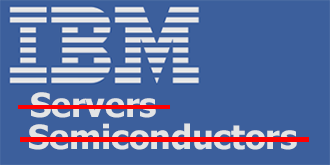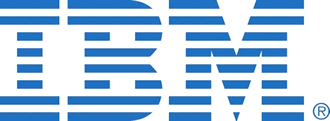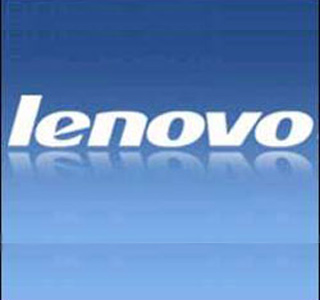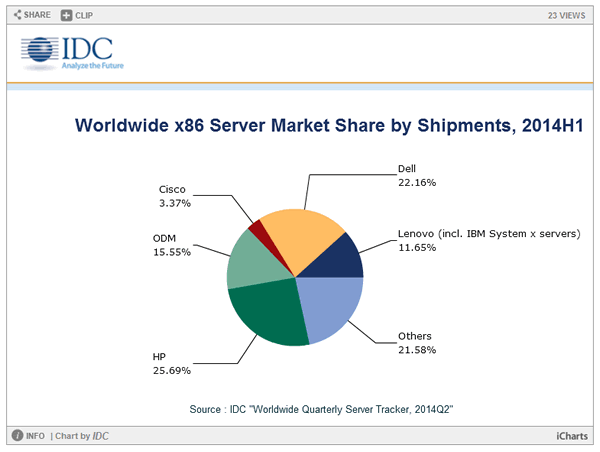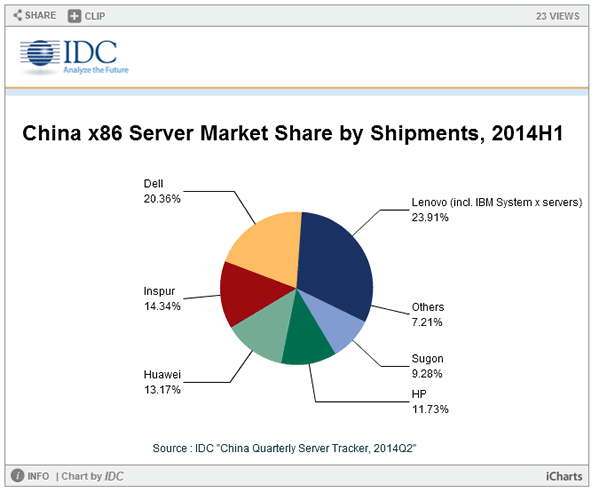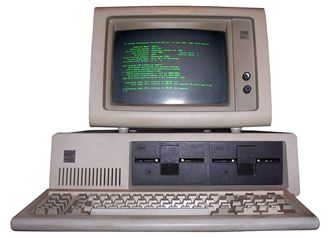 IBM has reshuffled its senior management in a bid to turn around the outfit’s flagging fortunes.
IBM has reshuffled its senior management in a bid to turn around the outfit’s flagging fortunes.
Martin Jetter, who was credited with fixing Biggish Blue’s Japanese operation has been shifted to senior vice president and head of its global technology services unit.
Jetter, who currently heads IBM’s operations in Japan, will initially report to Erich Clemanti and will succeed him as head of the services unit on January 1, when Clemanti will move to another unnamed senior leadership role.
IBM CEO Ginni Rometty said that Jetter was Big Blue’s Mr Fixit and led a remarkable transformation of IBM Japan, returning it to growth. Previously he did the same thing with IBM Germany and GBS in Europe. “In each case, he and his team have moved quickly to embrace new approaches and new thinking,” Rometty said.
IBM has been falling behind as it struggles to keep up with shifts in the industry as hardware becomes increasingly commoditized. Lately, the outfit which was once best known for mainframe computers, has been moving to higher-margin businesses such as security software and cloud services, but growth in those areas has failed to offset other company weaknesses.
Last month, IBM paid $1.5 billion to Globalfoundries to take its loss-making semiconductor unit off its hands.







